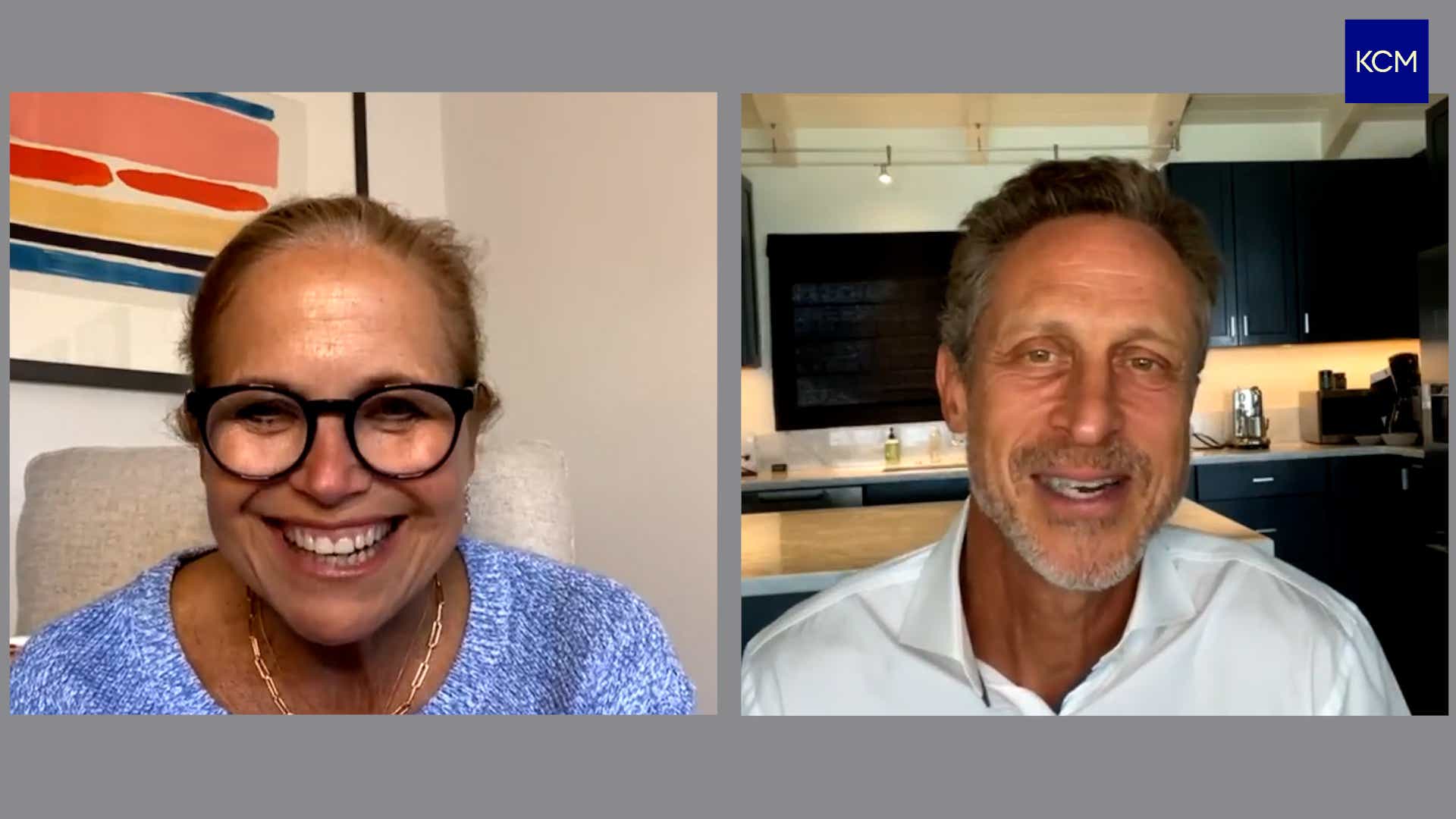There are have long been mixed opinions about snacking among health experts. While some believe that it’s healthy, others think it can harm you and make you gain weight.
Dr. Mark Hyman joined me on Instagram Live, as we checked in on my pegan journey, to weigh in on how snacking can impact your health and offered some other tips on how to eat right. Catch up on our conversation and read some highlights below:
Make sure you’re getting enough iodine in your diet.
He said fish generally provides an excellent source of iodine. But if you aren’t a fan of fish, he recommends sea salt or Himalayan salt, adding that seaweed is another option as well.
Snacking is best avoided.
“I’m not a huge fan of snacking,” Hyman said.
But if you are hungry between meals, he recommends snacking on nut butter (his personal favorite is Macadamia). If nut butter isn’t your thing, then try eating a handful of nuts or some hummus.
Carbs aren’t technically necessary for most.
While proteins and fats are essential, he says that “there’s no requirement for carbohydrates in our diets,” and believes most people can live without them.
Intermittent fasting, or specifically time-restricted eating, can offer a number of health benefits.
Dr. Hyman said intermittent fasting can mean a variety of things, but he recommends time-restricted eating, with 12 hours between meals at a minimum. “If you eat dinner at 6 [p.m.], that means you can eat at 6 a.m. the next morning — you don’t need to eat until you go to sleep and that should be normal,” he said.









